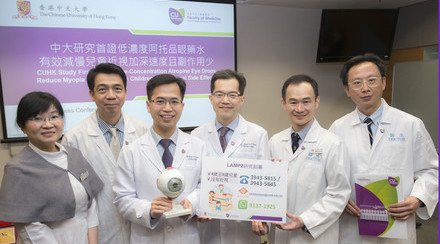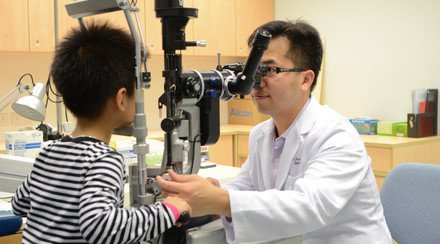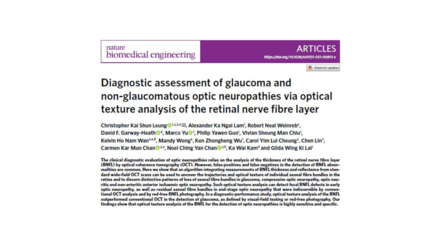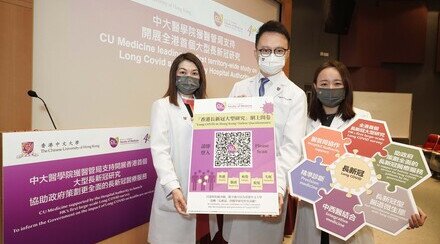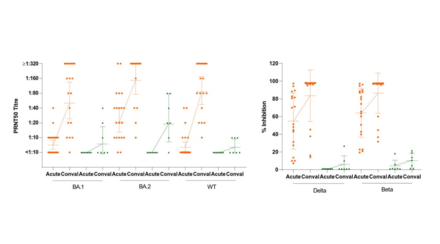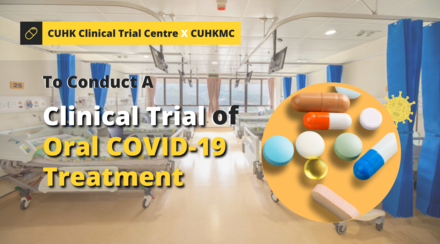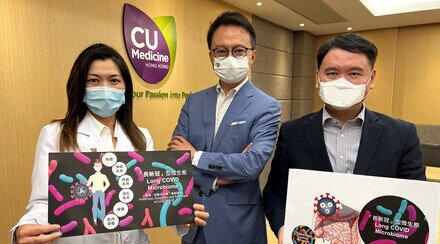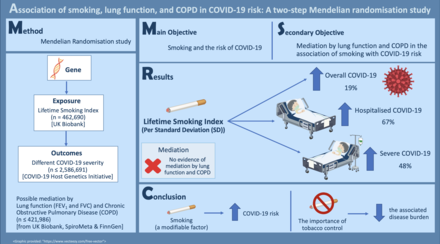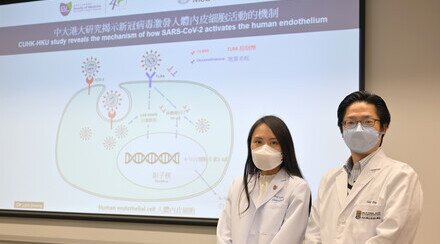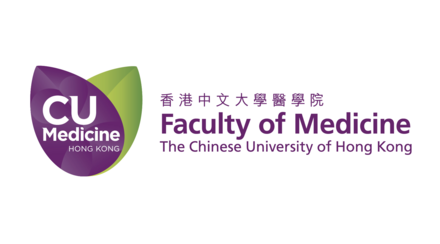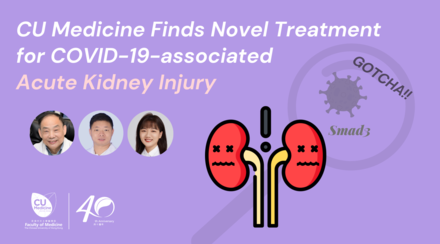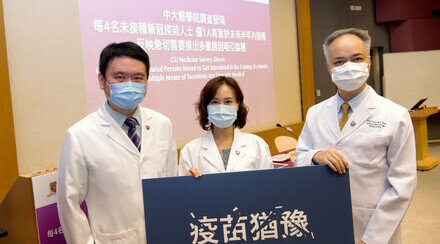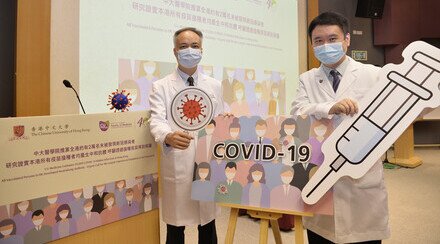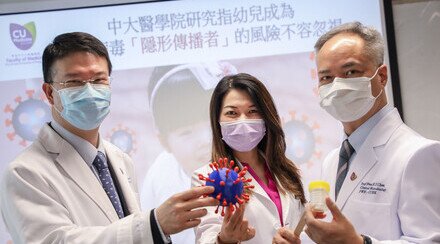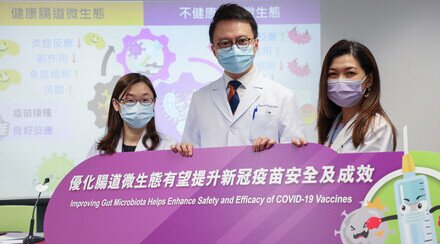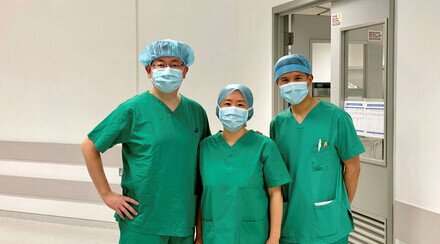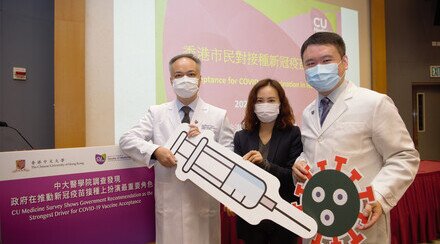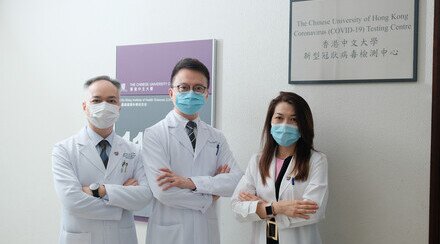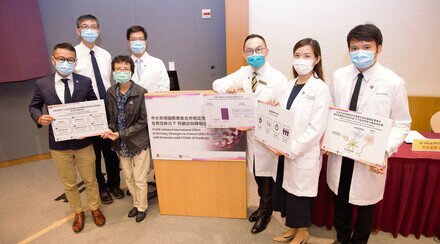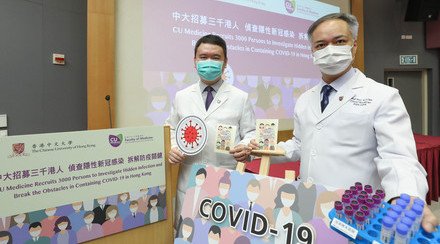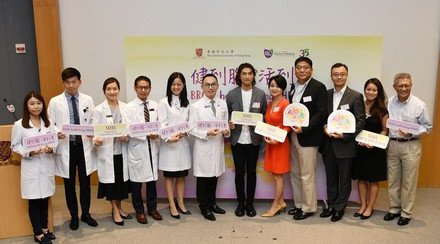CUHK Study Demonstrates a 2.5-fold Increase in Myopia Incidence in Children During COVID-19 Pandemic Due to Less Time Outdoors and More Time on Screens
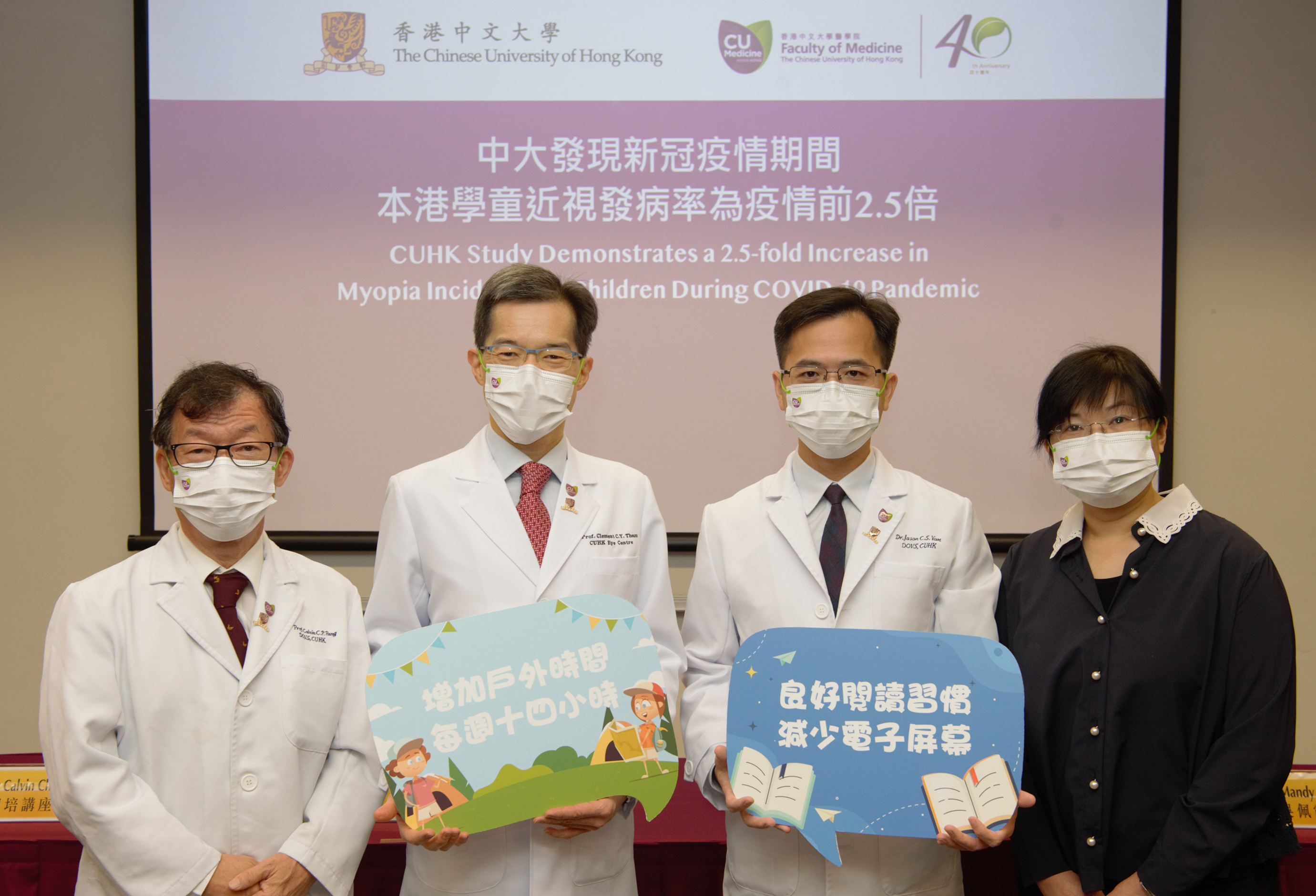
A study by CU Medicine found a 2.5-fold increase in myopia incidence among schoolchildren in Hong Kong during the COVID-19 pandemic, triggering a “myopia boom”.
(From left) Professor Calvin C.P. PANG, S. H. Ho Research Professor of Visual Sciences, CUHK; Professor Clement C.Y. THAM, S.H. Ho Professor of Ophthalmology and Visual Sciences, CUHK and Chairman of the Department of Ophthalmology and Visual Sciences; Dr. Jason C.S. YAM, Associate Professor; and Ms. Mandy NG, Nursing Officer, Department of Ophthalmology and Visual Sciences, CU Medicine.
Many countries and cities across the world implemented school closure or social distancing measures in response to the COVID-19 pandemic, including Hong Kong. A recent study by The Faculty of Medicine at The Chinese University of Hong Kong (CU Medicine) showed that this unprecedented level of quarantine, prohibiting outdoor activities and restricting daily routines to indoor activities, has triggered a “myopia boom” in school children in Hong Kong.
The Department of Ophthalmology and Visual Sciences conducted a prospective population-based study to evaluate the impact of the COVID-19 pandemic on myopia incidence and progression among school-aged children in Hong Kong and found a 2.5-fold increase in myopia incidence. The findings have been published in the international journal British Journal of Ophthalmology.
Hong Kong is among cities with the highest prevalence of myopia worldwide
Myopia is the most common ocular disease worldwide and is responsible for multiple ocular complications which carry a high risk of irreversible vision loss later in life due to excessive eyeball growth in myopia. It is predicted that approximately half of the world’s population will become myopic by 2050, with the highest prevalence in East Asia. Hong Kong is among cities with the highest prevalence of myopia in the world, affecting more than 40% of school children at the age of eight.
Professor Clement C.Y. THAM, S. H. Ho Professor of Ophthalmology and Visual Sciences, CUHK and Chairman of the Department of Ophthalmology and Visual Sciences, CU Medicine remarked, “The concern over a myopia boom in children during COVID-19 hits particularly close to home, as Hong Kong is one of the world’s most densely populated cities, with the overwhelming majority of the population living in urban areas, where outdoor spaces are hard to come by. Under these circumstances, school children are spending significantly less time outdoors and more time on near work. These two behaviours are associated with myopia development and progression.”
Professor Calvin C.P. PANG, S. H. Ho Research Professor of Visual Sciences, CUHK and Director of the Shantou University / The Chinese University of Hong Kong Joint Shantou International Eye Centre explained, “High myopia (-6.00 diopters or above) can lead to sight-threatening complications, including glaucoma, macular degeneration, retinal detachment and cataract. Wearing glasses or having laser refractive surgery can help improve vision, but cannot resolve the eyeball elongation problem or reduce the risk of complications, therefore prevention should be given top priority.”
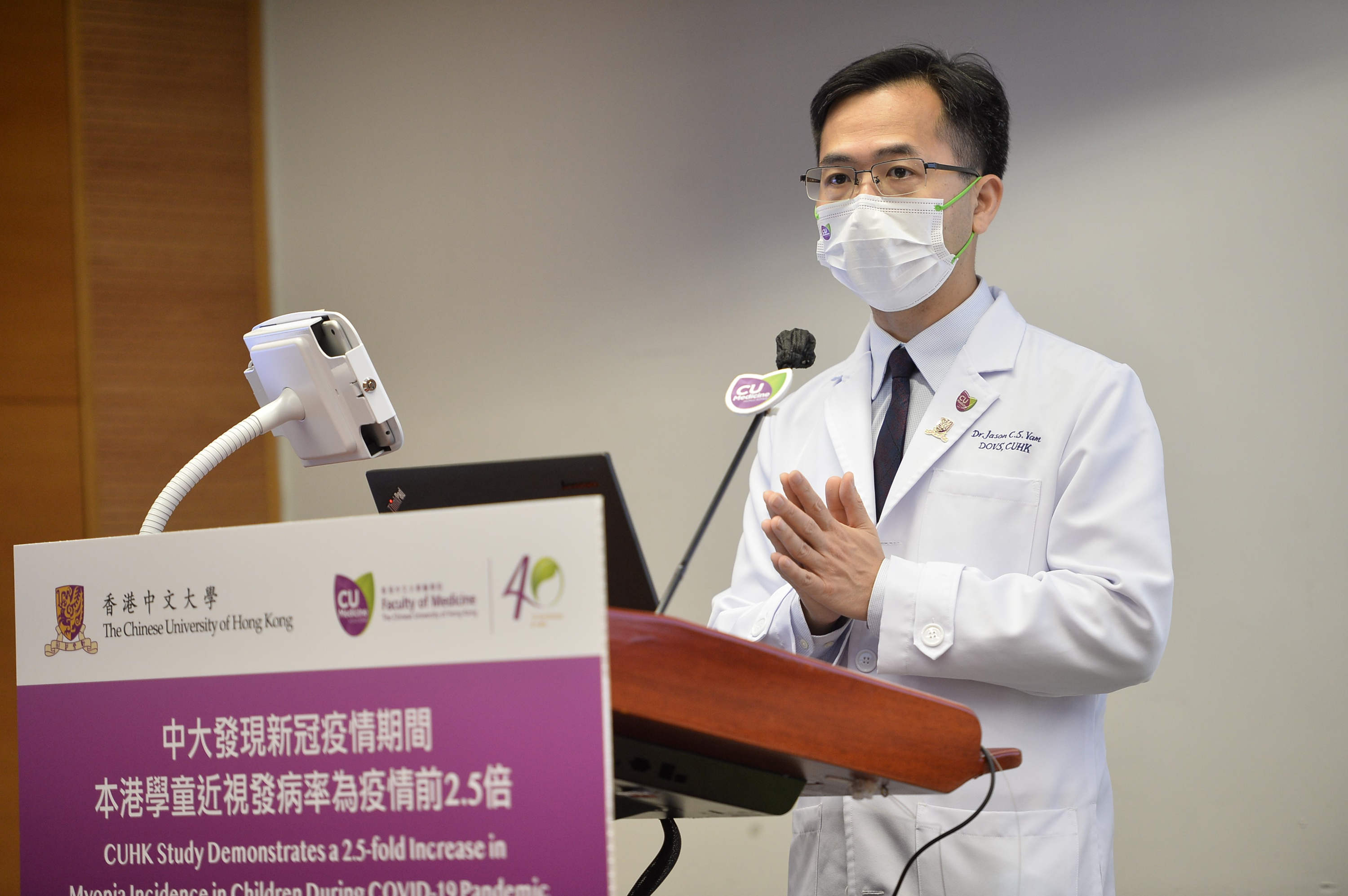
Dr. Jason Yam, principal investigator of the study says less outdoor time and more screen time are the major reasons of the myopia boom during the pandemic.

Nicole’s myopia progressed from -4.0D to -5.25D during the pandemic (from January to August last year). She said the increase in screen time for online lessons made her eyes feel uncomfortable and she sometimes has dry eyes.
School children on average spend 7 hours on screens but only 24 minutes outdoor per day during the pandemic
Research team recruited 709 children (COVID-19 cohort) between December 2019 and January 2020 when school closures and restrictions on social activities were in place due to COVID-19, and followed their myopia progression for at least eight months until August 2020. The control group (pre-COVID-19 cohort) consisted of 1,084 children that had been followed up for three years before the major COVID-19 outbreak in Hong Kong in January 2020. The team carried out eye examinations for the children and asked about the amount of time they spent outdoors, on screens and doing near work.
The results showed a 2.5-fold increase in myopia incidence in children during the pandemic and the progression speeded up.
| COVID-19 cohort | Pre-COVID-19 cohort |
|---|---|---|
Estimated annual incidence of myopia | 30% | 12% |
Estimated annual myopia progression | -0.80D | -0.41D |
Estimated annual axial elongation | 0.45 mm | 0.28 mm |
The research also demonstrated a change in lifestyle for the school children.
| COVID-19 cohort | Pre-COVID-19 cohort |
|---|---|---|
Time spent on outdoor activities | 24 minutes per day on average | 75 minutes per day on average |
Time spent on screens indoors | 7 hours per day on average | 2.5 hours per day on average |
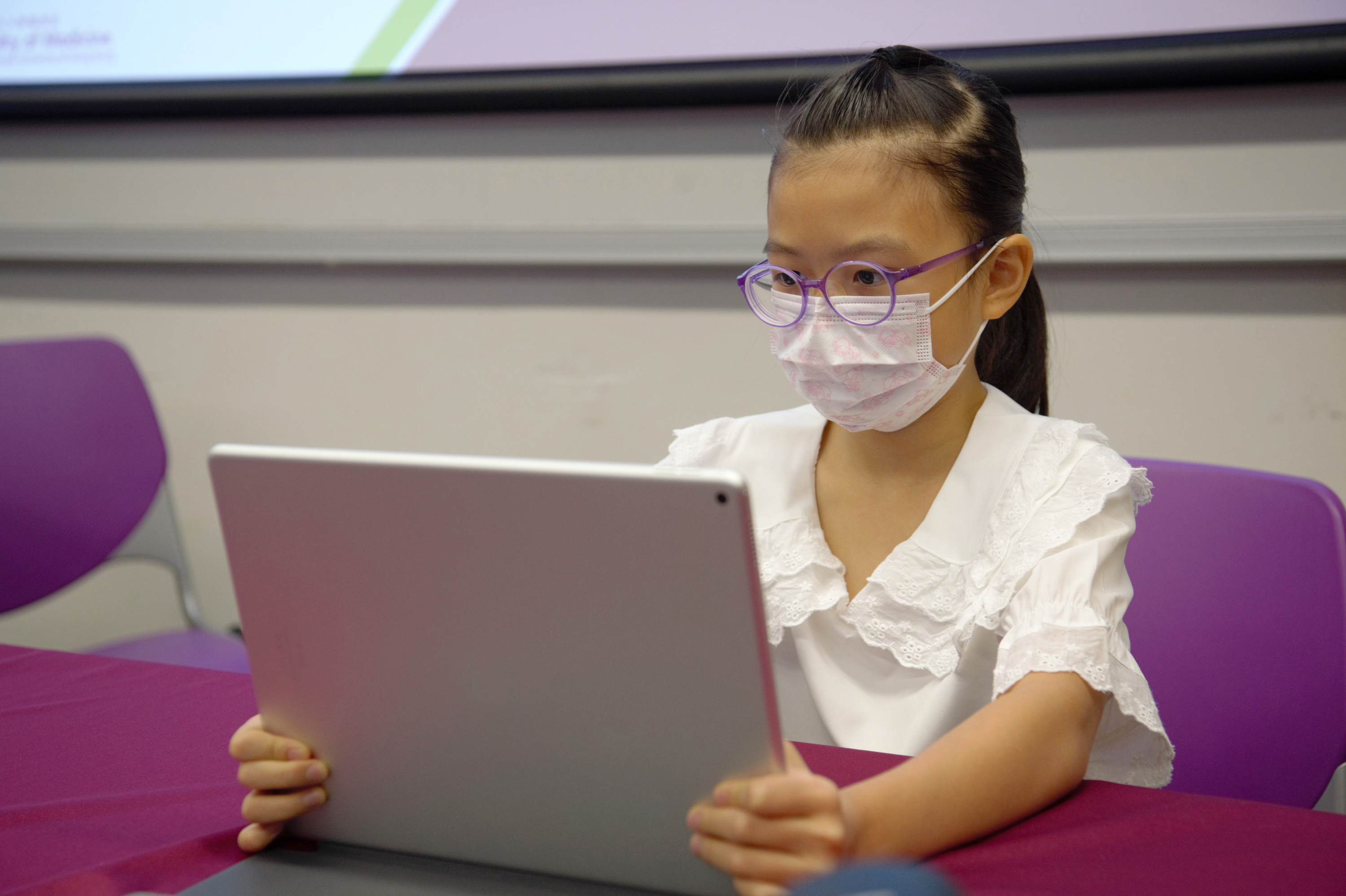
CU Medicine team suggests schoolchildren should develop healthy habits for using digital devices, like taking a 30-second rest after looking at the screen for 30 minutes. And they are recommended to increase outdoor time to 2 hours per day or 14 hours per week.
Dr. Jason C.S. YAM, principal investigator of the study and Associate Professor from the Department of Ophthalmology and Visual Sciences, CU Medicine remarked, “Our study showed more school children became myopic during the pandemic due to less time outdoors and more time on screens. Schoolchildren are recommended to increase outdoor time to 2 hours per day or 14 hours per week. Outdoor play is good for the eyes because sun exposure helps to increase Dopamine release and slow down eye growth. Secondly, the increasing reliance on digital devices needs to be addressed. As more educational activities are online, electronic devices are used more frequently for reading and writing, consequently there is much more near work for children. Educators and parents should help children develop healthy habits for using digital devices. Thirdly, considering such lifestyle shifts that affect vision, effective myopia control through pharmacological or optical interventions should be implemented to inhibit myopia progression in children at high-risk.”


